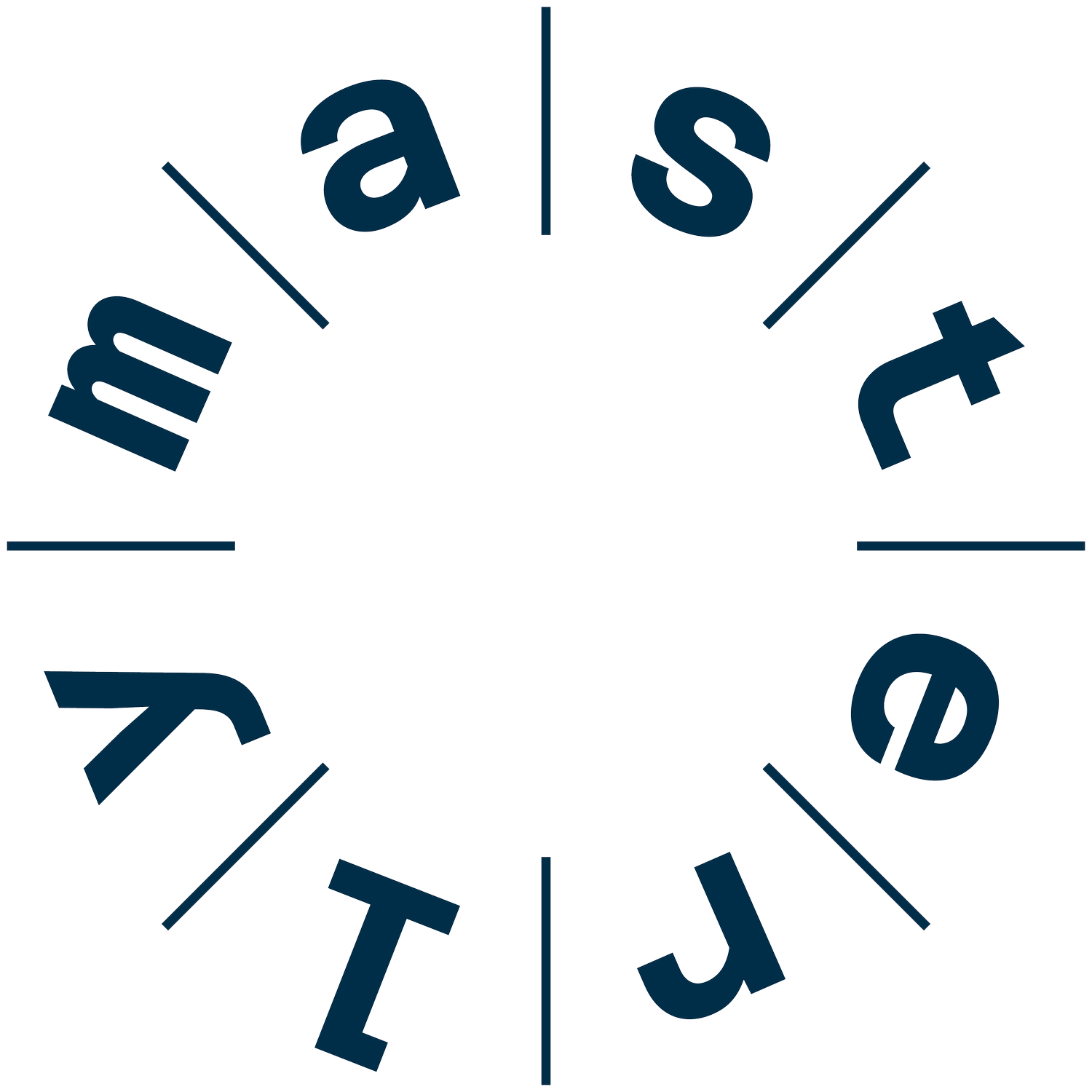2020: A New Decade, a New You?
At the start of any new year, we are usually encouraged to make new year's resolutions and start the year with a determined focus to be a better version of ourselves in the new year. (See some of my old blog posts for how to do just that!)
However, this year I find myself turning against the concept of new year's resolutions. A change I think is an ongoing process and not one that can be defined by a date in the calendar. It is also deeply personal, and you will find you make a change at the right time for you. I think new year's resolutions can either act as a way for people to delay change or force people to change before they are ready.
Resolutions can also place pressure on people to 100% stick to a new behaviour when in reality change doesn’t work like that. We change a behaviour, introduce a new habit, slip up, make mistakes, and get back on track. The absoluteness of new year’s resolutions can make people quit as soon as they slip up once.
Instead of setting a new year's resolutions or even setting myself annual goals this year, I have made a commitment to the type of person I want to be in 2020. In his great book, Atomic Habits, James Clear talks about how all behaviour is tied to identity. If you want to change, you first need to change what you believe about yourself. Your actions will always seek to fulfil your image of who you think you are. So, in 2020 this is what I am going to believe about myself -
“I am a healthy person who places a priority on eating well and exercising. I am a leader in my field and committed to delivering the best training and coaching. I am empathetic and always seek to see things from another person's perspective. Leisure time and enjoying time with friends and family are important to me and I make time for it. The quality and enjoyment of my work and relationships are more important to me than financial gain.”
Once your identity is shaped you can worry less about your behaviours. Remind yourself regularly of the type of person that you are, and your decision-making will fall in line with this impression you have of yourself. It also doesn't matter if you make mistakes. Just because I prioritise eating well does not mean I need to beat myself up if I have a bad food day. It is our overall behaviours that matter in the long run - what do you do 80-90% of the time? Focus on that rather than the 10% when you act out of alignment with your ideal self.
A few tips for you in creating your own self-identity
Phrase them in the present tense rather than the future tense (I am healthy, rather than I will be healthy). You need to start living this identity right now, so you need to embody it from the very start.
Make them aspirational. In most of the areas, you should have some development to do. This exercise is not just to reaffirm who you already are but should push you to be a better version of yourself.
Ask what would that person do? As you embark on this journey to be better you will need to refer to your self-identity. As you encounter decisions you need to make, ask yourself, what would a (insert adjective - healthy, successful, collaborative, kind, etc.) person do? This will help keep you on track.
Don't worry too much about how. This will come, what's important at the start is that you have a clear idea of the type of person you want to be. It will become much clearer to you how you fulfil this once you have done that.
What will your self-identity be for 2020 and beyond?

